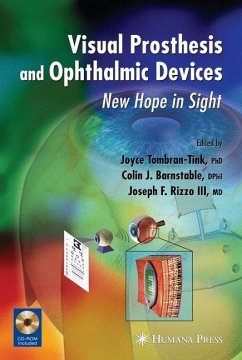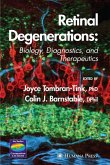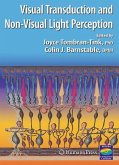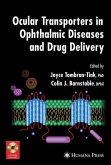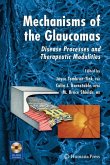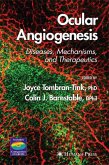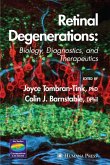The history of medicine has been substantially defined by a small number of monumental discoveries. Most of these breakthroughs have emerged from the biological sciences. One of the first great breakthroughs was the recognition by Koch in 1884 that pathogens could be transmitted from one living organism to another to cause disease. This profound concept led to a revolution in the approach to patient care that ultimately led to introduction of "sterile" techniques that greatly improved survivals of patients. This knowledge promoted the discovery of antibiotics 40 years later, which dramatically increased life expectancy throughout the more developed parts of the world. Another great milestone that has influenced medical care was the use of anesthesia for surgery, which was first introduced in 1846. Collectively, these three discoveries armed physicians with the knowledge and means to substantially reduce the prevalence of infectious disease, which was and still remains the leadingcause of death throughout the world, and to perform a much wider range of surgeries with greatly improved survivals. The improved li- expectancies enabled the medical community to focus on a wider range of medical problems and solutions to disease.
Bitte wählen Sie Ihr Anliegen aus.
Rechnungen
Retourenschein anfordern
Bestellstatus
Storno

